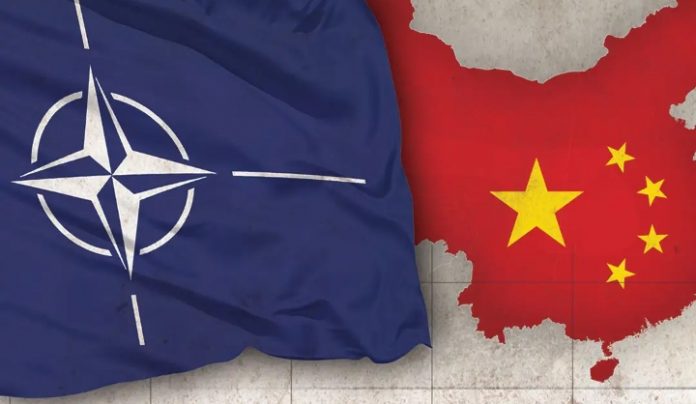Western Europe – NATO has listed China as one of its strategic priorities for the next decade, saying Beijing’s policies challenge its ‘interests, security and values’.
NATO has declared China a security challenge for the first time.
“China is substantially building up its military forces, including nuclear weapons, bullying its neighbours, threatening Taiwan … monitoring and controlling its own citizens through advanced technology, and spreading Russian lies and disinformation,” NATO’s Secretary General Jens Stoltenberg told reporters.
“China is not our adversary,” he added, “but we must be clear-eyed about the serious challenges it represents.”
In response, China didn’t hesitate to counter NATO’s declaration, calling it a “completely futile” warning.
“NATO’s so-called new strategic concept document disregards facts, confuses black and white … [and] smears China’s foreign policy,” foreign ministry spokesman Zhao Lijian has said.

NATO leaders are concerned that Russia’s aggression in Ukraine, which China is yet to condemn, could embolden Beijing to be more assertive over Taiwan.
China considers Taiwan a part of its territory with no right to independent recognition as a state or representation on the world stage.
British Foreign Secretary Liz Truss in an event in Madrid that was not part of NATO summit, said that unless China is checked “there is a real risk that they draw the wrong idea which results in a catastrophic miscalculation such as invading Taiwan,” referring to the self-governing island that China claims as a province.
It has been confirmed that that NATO members are concerned about Chinese-Russian military cooperation on Russia’s oft-forgotten Pacific coast.

Considering NATO’s new focus on China, and the gathering of world leaders in Madrid, it was the first time that the leaders of Japan, South Korea, Australia and New Zealand were invited to a NATO summit.
That is enough evidence that NATO and China are becoming threats to one another.
New Zealand’s Prime Minister Jacinda Ardern, speaking at the meeting, said China had become “more assertive and more willing to challenge international rules and norms”.












